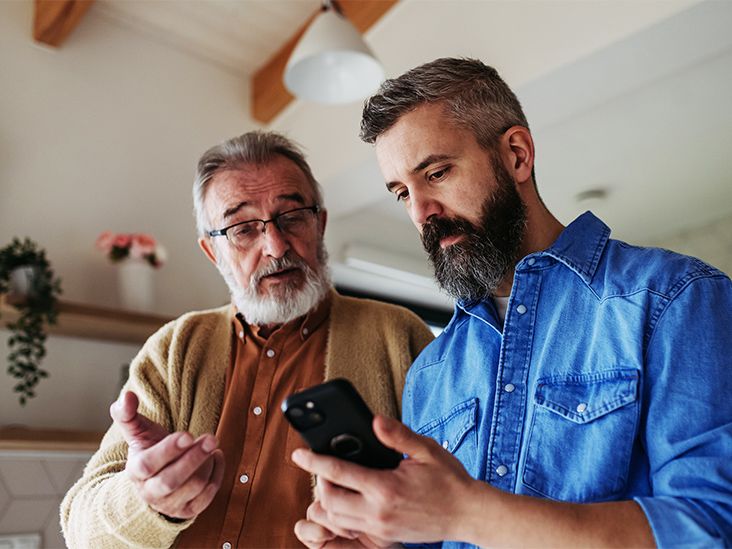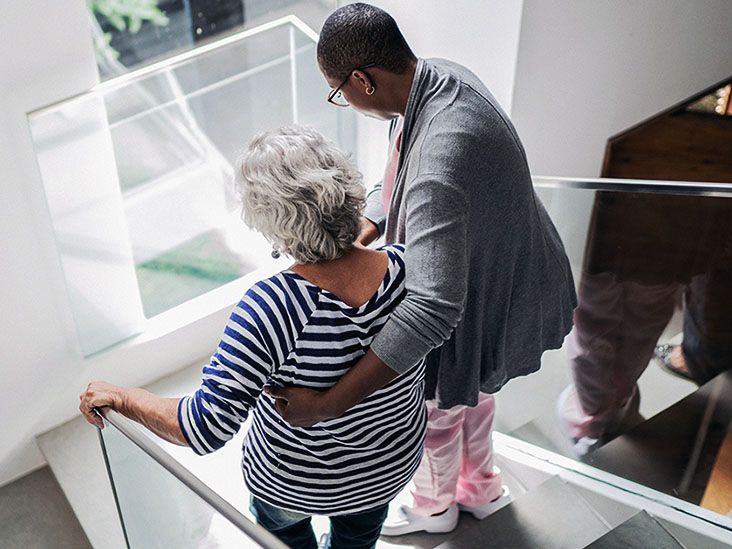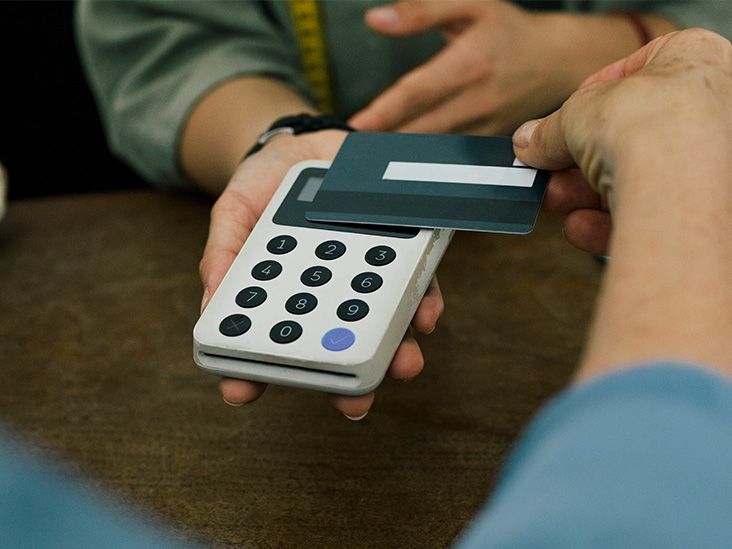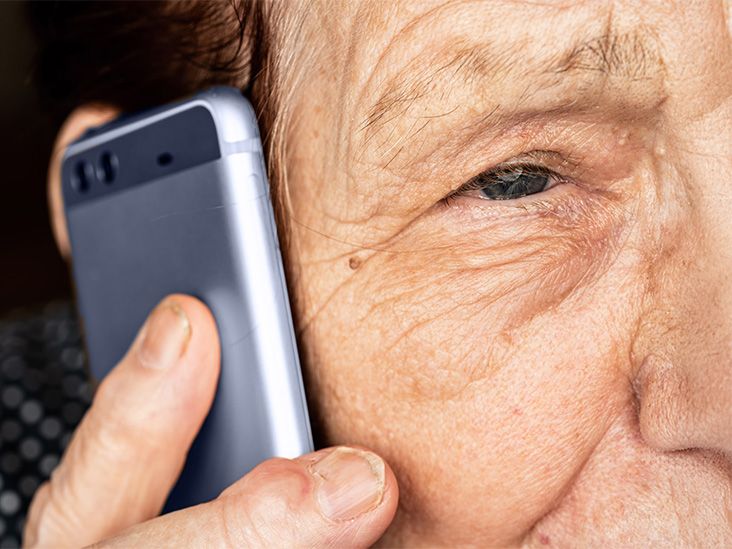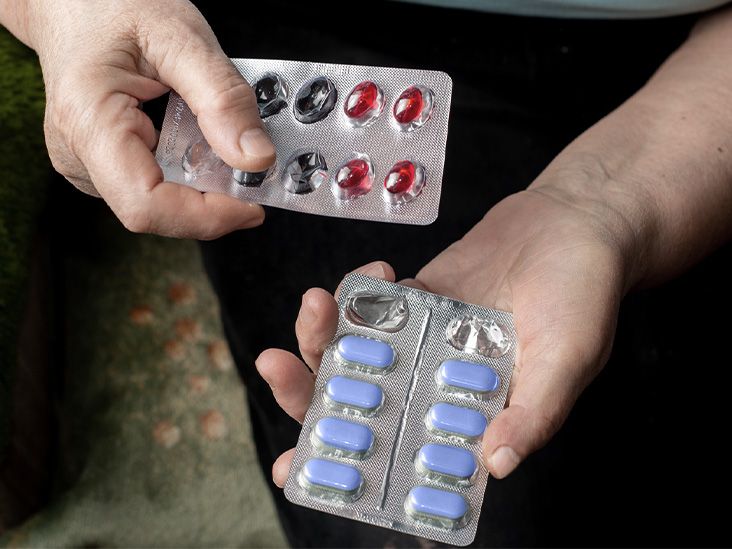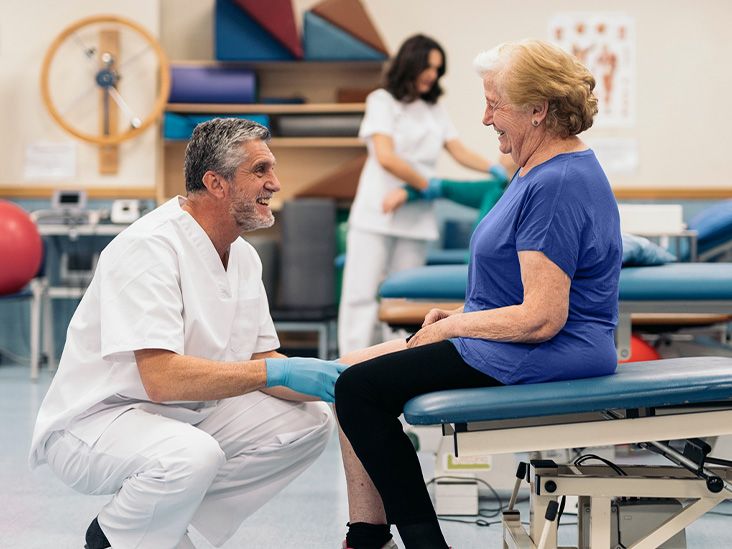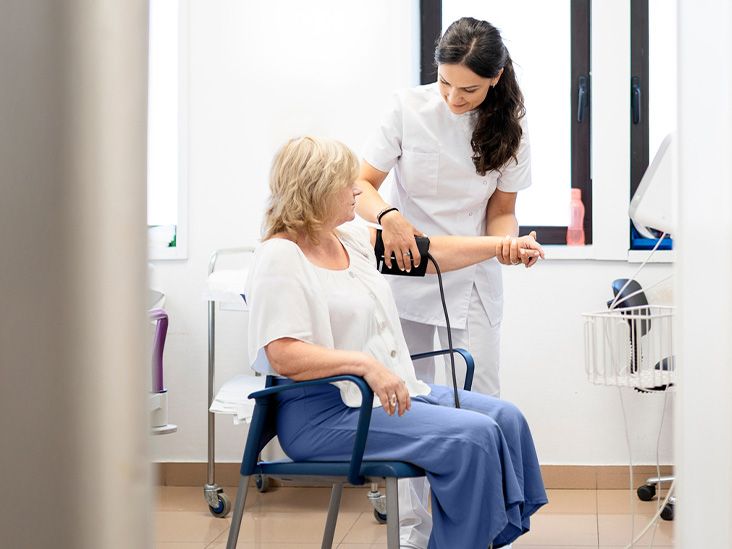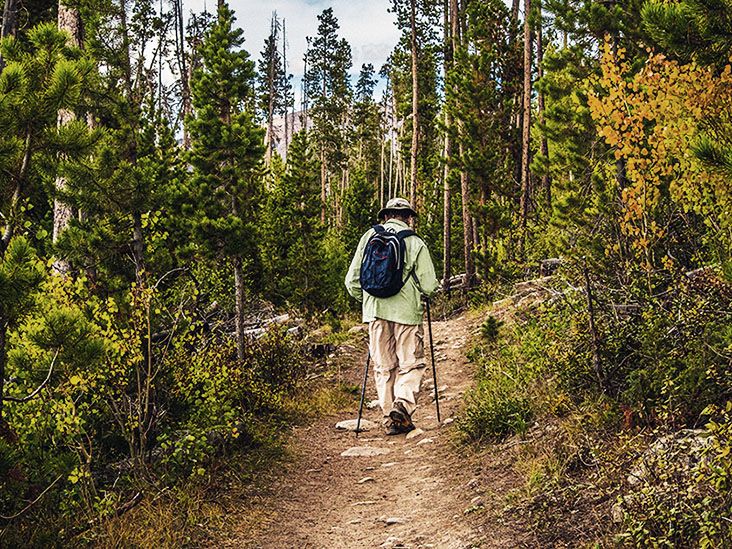How Crossword Puzzles Can Help Slow Memory Loss
Maintaining brain health is crucial as we age. Engaging in mentally stimulating activities can help keep our minds sharp. In recent years, brain training games have become popular for challenging cognitive skills. But a new study suggests a classic activity - crossword puzzles - may be superior to high-tech video games in slowing memory decline.
The Study on Crosswords vs Video Games
Researchers recruited over 100 healthy adults aged 55-95 years. The participants were divided into two groups:
- Crossword puzzle group - completed crossword puzzles 4 times per week.
- Video game group - played brain training video games 4 times per week.
Both groups did their assigned mental activity from home over a 12 week period. They were evaluated before and after using tests that measured memory, attention, reasoning, and processing speed.
After 3 months, the crossword puzzle group had significantly greater improvements in memory and reasoning compared to the video game group. Both groups showed benefits, but crossword puzzles proved superior when it came to boosting memory recall.
Why Are Crossword Puzzles So Effective?
Researchers theorize several reasons why crossword puzzles enhance memory more than video games:
Broader Range of Cognitive Skills
Crosswords require pulling from a wide base of knowledge, verbal abilities, and crystallized intelligence. Video games target more narrow cognitive skills like attention, visual search, and working memory.
Meaningful Stimulation
Crosswords tap into existing semantic memory networks. Recalling words and facts you know well helps strengthen these connections. Video games rely more on new learning rather than existing knowledge.
Multisensory Clues
Crosswords provide visual, phonological, and semantic clues that fully engage the brain. Video games are primarily visual stimuli.
Error-Free Learning
With crosswords, retrieving answers correctly reinforces learning. Video games involve trial-and-error that can be confusing for older adults.
These advantages likely explain why crosswords better boosted word recall and verbal fluency.
How Do Crosswords Benefit the Aging Brain?
Beyond the study comparisons, crosswords have other characteristics that make them ideal brain exercises for seniors:
Promote Neuroplasticity
Neuroplasticity refers to the brain's ability to reorganize and make new neuron connections, even later in life. Challenging mental activities promote plasticity.
Crosswords require actively recalling information, rather than passive reading. This retrieval process strengthens existing neural pathways and may help form new ones.
Increase Cognitive Reserve
Frequent mental stimulation builds cognitive reserve, a protective buffer that delays cognitive decline. Elders with high cognitive reserve can endure more Alzheimer's-related changes before exhibiting dementia symptoms.
Crosswords are an engaging way to bolster cognitive reserve. The mental gymnastics increase neural efficiency and capacity.
Encourage Use It or Lose It
"Use it or lose it" applies to mental acuity - ongoing learning prevents disuse atrophy. Crosswords provide ongoing brain exercise to stave off decline from lack of activity.
Combat Boredom
Fun, engaging activities prevent boredom that can lead to passive mental atrophy. Crosswords are an enjoyable pastime seniors often cite as a favorite.
Reduce Stress
Crosswords serve as a relaxing distraction from anxious thoughts. Completing satisfying mental challenges can also lower stress hormones like cortisol.
Types of Crossword Puzzles for Seniors
Crosswords come in different formats to suit every skill level:
Basic Puzzles
For beginners, basic crosswords have simpler word clues, smaller grids (9x9 to 13x13) and blocks already filled in. These provide a confidence boost for those new to crosswords.
Intermediate Puzzles
Intermediate puzzles use more advanced clues for common words and have larger grids up to 15x15. Fun themes and trivia clues keep these engaging for skilled solvers.
Advanced Puzzles
Experts can tackle advanced crosswords with obscure clues, higher vocabulary, little pre-filling, and grids up to 23x23. These brain twisters provide an ultimate challenge.
Variety Puzzles
For added variety, seek puzzle books with different formats like cryptic crosswords, acrostics and variety crosswords with unique shapes and eccentrics.
Tips for Solving Crossword Puzzles
Here are some tips to get the most brain benefit from crossword puzzles:
Use a Pencil and Eraser
Allow yourself to make mistakes - perplexing clues take brainpower to solve. Having an eraser handy reduces frustration.
Focus on One Clue at a Time
Don't jump randomly around the grid. Pick a clue and stick with it until solved. This improves focus and concentration.
Come Back to Tricky Clues Later
Circle clues you're stuck on and revisit them once your brain has had time to turn them over. Solutions often come when least expected.
Start from Completed Sections
Build off what you know - work outward from completed words to deduce intersecting words. This momentum effect keeps you rolling.
Use Previous Puzzles for Reference
Keep old puzzle books to refresh yourself on clue styles. Reviewing past solutions reinforces the vocabulary.
Adding Variety to Crossword Routine
For continued challenge, mix up your puzzle routine with these tips:
Alternate Difficulty Levels
Vary difficulty to keep your mind adapting - don't get stuck only doing easy or hard puzzles.
Try Different Publishers
Each puzzle creator has a unique style. Switch publishers to experience fresh perspectives.
Do Puzzles in Pen
Solving in pen periodically forces you to think harder with no erasing - a good mental challenge.
Time Yourself
Doing a timed puzzle introduces speed pressure. See if you can beat your best solving time.
Verbalize Clues Aloud
Saying clues out loud engages your verbal centers and may spark new insight.
Other Benefits of Crosswords for Seniors
Besides boosting brain health, crosswords offer these advantages for older adults:
Sharpen Vocabulary
Crossword clues expose you to new words to enhance your vocabulary. Puzzles act like mini-lessons in etymology.
Provide Mental Stimulation
The "aha" moment when solving a tricky clue gives a satisfying rush of accomplishment. Crosswords provide constant engagement.
Promote Learning
Crossword themes teach interesting trivia across history, culture, science and more. Puzzles spark curious investigation.
Exercise Eyes
Visually scanning clues and the grid gives your eyes a workout. This may help maintain vision acuity.
Refine Spelling
Solving crosswords reinforces proper spelling as you double-check your answers fit.
Teach Patience
Tricky puzzles require persistence and focus. You learn to be patient and keep trying.
Provide Joy
Crosswords are simply fun pastimes many love well into old age. The joy of puzzling stimulates the mind.
In Conclusion
The cognitive gains demonstrated from crossword puzzles make them an ideal brain-boosting activity for older adults. Regular crosswording enhances memory, learning, and focus while providing enjoyment. While video games may have some benefits, classic pencil puzzles engage the brain in unique ways that are hard to replicate.
Challenging your mind with crosswords is easy to incorporate into daily life. Just a few puzzles a week can give your gray matter the exercise it needs to maintain acuity. Though a simple activity, crosswords are complex mental workouts with multifaceted benefits to keep your brain fit for years to come.
FAQs
How often should seniors do crossword puzzles?
Aim for at least 4 crossword sessions per week for 30 minutes or more. Consistency is key - puzzles done routinely have more brain benefits.
Do crossword puzzles prevent Alzheimer's?
Crosswords don't prevent Alzheimer's but can potentially delay onset by building cognitive reserve. Enriching activities stimulate new brain pathways to compensate for disease-related changes.
What's the best crossword puzzle for memory improvement?
Vary puzzle difficulty and themes. Alternate challenging advanced puzzles with relaxing easy or medium ones. Seeking novelty boosts learning.
Do crossword puzzles work better than Sudoku or jigsaw puzzles?
Crosswords integrate broader cognitive skills like vocabulary, general knowledge and language. But variety is key - rotate different puzzle types for maximum brain training.
Can crossword puzzles reverse memory loss?
Crosswords cannot reverse significant memory loss or dementia. But they can help strengthen remaining brain function and slow further decline from disuse atrophy.
Disclaimer: This article is for informational purposes only and does not constitute medical advice. Always consult with a healthcare professional before starting any new treatment regimen.
Related Coverage
Know your Medicare guaranteed rights to secure coverage without discrimination. Get the protection you deserve when it matters most....
Get clear guidance on Medicare California options, from Original Medicare to Advantage and Medigap plans tailored to your needs....
Medicare convalescent care covers up to 100 days in a skilled nursing facility. Know the rules, costs, and how to maximize your benefits....
Learn how to get and use your Medicare OTC card for free health and wellness items....
Know how to report death to Social Security and Medicare promptly. Get step-by-step help to avoid overpayments and learn about survivor benefits....
Get details on 2025 AARP Medicare Part D plans, coverage changes, and how to save on prescription drugs with smart plan choices....
From studying food groups to understanding nutrition guidelines, our comprehensive strategies will help you master challenging crossword quiz food puzzles and build healthy, balanced diet habits....
Compare FFS and PFFS Medicare options to choose the best coverage for your healthcare needs and budget....
Get clear info on Medicare Part B cost for 2025, including premiums, deductibles, and ways to lower what you pay each month....
Find the best Medicare in Colorado options for your needs. Compare plans, save money, and make confident health coverage decisions....
